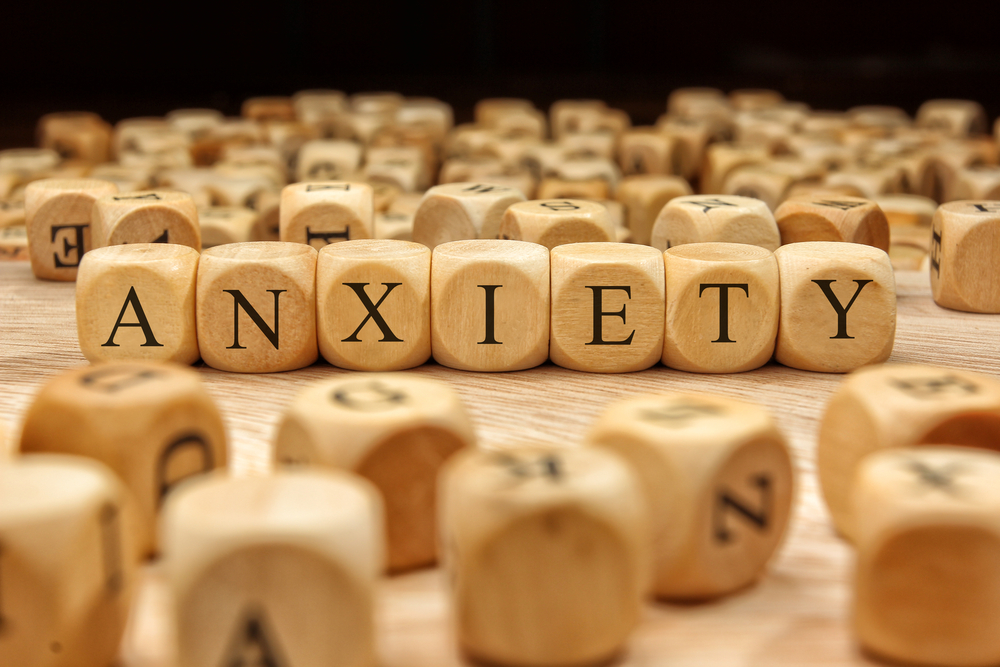
Some of us are born with a personality that is more liable to realism or caution; it’s in our genes. Without understanding and support from others, the realism can lead to depression, whilst natural caution can spiral into anxiety. Others will have learnt thoughts and behaviours from parents (known as imprinting) when growing up. Some of us may have begun life with a light-hearted, positive personality, but life experiences have changed our character, our thoughts and our behaviours.
Depression and anxiety have many distinct symptoms, but there are also many similarities. For sufferers, either can make life unbearable. It can feel like your body has been taken over by another force. It completely suppresses every ounce of your personality. The power of this force is so strong that it seems impossible to fight back; it suffocates you until you feel that all sense of self is lost.
When you suffer with depression and anxiety, the negative feelings evolve into an inability to undertake everyday tasks. Making a decision can be overwhelming and the thought of doing something simple can leave you in a state of panic. You need the support of others, but this inner force encourages you to become increasingly isolated, lonely and unable to interact.
Where to Turn for Help
Another common factor is the lack of understanding that surrounds the two conditions. To an onlooker you appear to be fine and in an attempt to be helpful, they might say ‘don’t worry’ or ‘cheer up’. If only it was that simple. Friends and family might try to help, but your negativity is draining on them and unappealing to be around, so it is difficult for them to be there.
There is a distinct lack of understanding of mental health conditions in the medical profession, although things are improving. It used to be standard practice for GPs to prescribe anti-depressants for all patients with anxiety and depression, but fortunately there is growing awareness that counselling, specifically cognitive behavioural therapy, can help.
Anti-depressants can help break the downward spiral and they offer a stepping stone out of the darkest places. They have helped many sufferers on the road to recovery. The challenge is that anti-depressants mask, rather than solve, the problem. They also have side effects and many people face difficulties when they stop taking them. It is important that additional support is offered in addition to medication.
Cognitive Behavioural Therapy
Cognitive Behavioural Therapy is a form of counselling that has been effective in helping people to find a way out. It is certainly not easy to sit and talk with a counsellor if you have spent months or years isolating yourself from social situations. It can also be deeply uncomfortable to talk about your thoughts and feelings, your struggles and fears, however in finding the strength to attend counselling sessions, you can begin to tackle the issues and find a way forward.
Cognitive behavioural therapy will question your thoughts and challenge your ideas. It encourages you to view things from a different perspective. It can help you rediscover a purpose, a meaning and the things that you used to enjoy. It can help you find yourself again.
Don’t suffer in silence. Counselling services are offered throughout the UK, if you live in The Chilterns and are looking for cognitive behavioural therapy, Amersham based Cognisant PDC can help.
